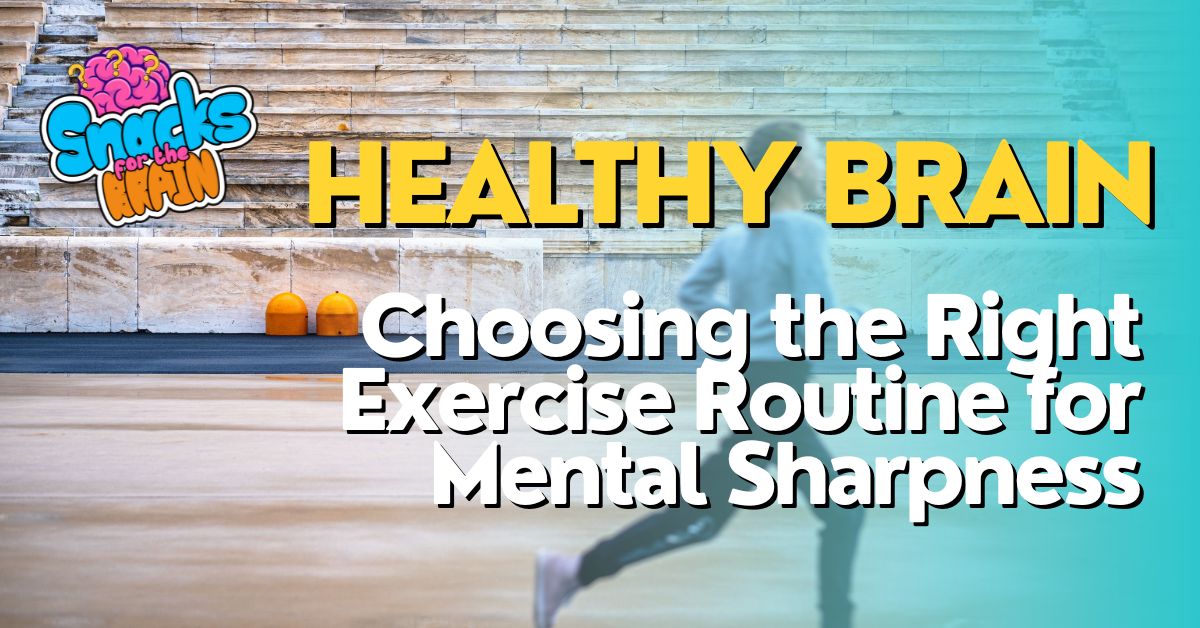The connection between nature and mental health has been a topic of interest for researchers and health professionals for many years. Studies have shown that spending time in nature can have a positive impact on mental well-being. The natural environment has a calming effect on the mind and can help reduce symptoms of anxiety and depression. Being in nature allows individuals to disconnect from the stresses of everyday life and provides a sense of peace and tranquility. The sights, sounds, and smells of the outdoors can help to reduce feelings of tension and promote relaxation.
Furthermore, spending time in nature has been linked to improved mood and overall mental health. The exposure to natural sunlight can increase the production of serotonin, a neurotransmitter that is associated with feelings of happiness and well-being. Additionally, being in nature encourages physical activity, which can also contribute to improved mental health. Whether it’s going for a hike, taking a walk in the park, or simply sitting outside, spending time in nature can have a profound impact on mental well-being.
Key Takeaways
- Spending time in nature can have a positive impact on mental health, reducing symptoms of anxiety and depression.
- Increased exposure to vitamin D from outdoor activities can improve mood and overall mental well-being.
- Outdoor activities can help reduce stress and promote relaxation, leading to improved mental health.
- Engaging in outdoor activities can enhance creativity and cognitive function, leading to improved mental clarity and focus.
- Outdoor exercise can promote social interaction and community building, leading to increased feelings of connection and support.
Increased Vitamin D and its Impact on Mood
One of the key benefits of spending time outdoors is the increased exposure to sunlight, which in turn leads to higher levels of vitamin D production in the body. Vitamin D is essential for overall health and well-being, and has been linked to improved mood and mental health. When the skin is exposed to sunlight, it produces vitamin D, which plays a crucial role in regulating mood and warding off depression. Research has shown that individuals with higher levels of vitamin D are less likely to experience symptoms of depression and anxiety.
In addition to its impact on mood, vitamin D also plays a role in supporting cognitive function and overall brain health. Adequate levels of vitamin D have been associated with improved memory, focus, and concentration. Therefore, spending time outdoors and increasing exposure to sunlight can have a positive impact on both mental and cognitive well-being. It’s important to note that while sunlight is a great source of vitamin D, it’s also important to practice sun safety and avoid overexposure to harmful UV rays.
Stress Reduction and the Outdoors
The outdoors provides a natural setting for stress reduction and relaxation. The sights and sounds of nature have a calming effect on the mind and can help reduce feelings of stress and anxiety. Whether it’s the sound of birds chirping, the sight of a flowing river, or the smell of fresh air, nature has a way of promoting relaxation and tranquility. Research has shown that spending time in natural environments can lower cortisol levels, the hormone associated with stress, and reduce overall feelings of tension.
Furthermore, engaging in outdoor activities such as hiking, gardening, or simply taking a walk in the park can provide a much-needed break from the demands of everyday life. Physical activity in nature has been shown to have a positive impact on stress reduction, as it allows individuals to focus on the present moment and engage in mindful movement. The combination of physical activity and exposure to nature can help individuals manage stress more effectively and improve overall mental well-being.
Enhanced Creativity and Cognitive Function
Spending time in nature has been linked to enhanced creativity and cognitive function. The natural environment provides a stimulating setting that can inspire creativity and problem-solving. Whether it’s the visual beauty of a natural landscape or the peacefulness of a quiet forest, nature has a way of sparking imagination and promoting innovative thinking. Research has shown that individuals who spend time in natural settings are more likely to engage in creative activities and experience a boost in cognitive function.
In addition to creativity, spending time outdoors can also improve cognitive function by providing a break from the constant stimulation of technology and urban environments. The natural environment allows individuals to unplug from screens and distractions, which can help improve focus, attention, and mental clarity. Whether it’s taking a nature walk or simply sitting outside, spending time in nature can provide a much-needed mental break and enhance cognitive function.
Social Interaction and Community Building
The outdoors provides a natural setting for social interaction and community building. Whether it’s participating in outdoor sports, attending community events, or simply enjoying a picnic in the park, spending time outdoors can foster connections with others and promote a sense of belonging. Research has shown that social interaction is essential for mental well-being, as it provides support, reduces feelings of isolation, and promotes overall happiness.
Furthermore, engaging in outdoor activities with others can provide a sense of camaraderie and teamwork, which can boost self-esteem and confidence. Whether it’s joining a hiking group or participating in a community clean-up event, outdoor activities provide opportunities for individuals to connect with others and build meaningful relationships. The sense of community that comes from spending time outdoors can have a positive impact on mental health and overall well-being.
Improved Sleep Patterns from Outdoor Activity

Spending time outdoors can have a positive impact on sleep patterns and overall sleep quality. Exposure to natural light during the day helps regulate the body’s internal clock, known as the circadian rhythm, which plays a crucial role in sleep-wake cycles. Research has shown that individuals who spend more time outdoors during daylight hours are more likely to experience better sleep at night. The exposure to natural light helps signal the body to produce melatonin, the hormone that regulates sleep.
In addition to natural light exposure, physical activity in nature can also contribute to improved sleep patterns. Engaging in outdoor activities such as hiking, biking, or gardening can help reduce feelings of stress and anxiety, which are common contributors to sleep disturbances. Regular physical activity has been shown to improve overall sleep quality and promote deeper, more restful sleep. Therefore, spending time outdoors and engaging in physical activity can have a positive impact on sleep patterns and contribute to better overall mental well-being.
Increased Self-Esteem and Confidence from Outdoor Exercise
Engaging in outdoor exercise can have a positive impact on self-esteem and confidence. Whether it’s going for a run, practicing yoga in the park, or participating in outdoor sports, physical activity in nature provides opportunities for individuals to challenge themselves and achieve personal goals. Research has shown that regular exercise in natural environments can lead to increased feelings of self-worth and confidence.
Furthermore, spending time outdoors allows individuals to connect with their bodies and appreciate what they are capable of achieving. The natural environment provides a supportive setting for physical activity, which can help individuals build strength, endurance, and resilience. Engaging in outdoor exercise also provides opportunities for individuals to set and achieve personal fitness goals, which can contribute to increased self-esteem and confidence. Therefore, spending time outdoors and engaging in physical activity can have a positive impact on mental well-being by promoting feelings of self-worth and empowerment.
In conclusion, the connection between nature and mental health is undeniable. Spending time outdoors provides numerous benefits for mental well-being, including stress reduction, improved mood, enhanced creativity, social interaction, better sleep patterns, increased self-esteem, and confidence. The natural environment offers a supportive setting for individuals to connect with themselves, others, and the world around them. Whether it’s going for a walk in the park or participating in outdoor sports, spending time in nature can have a profound impact on mental health and overall well-being. It’s important for individuals to prioritize spending time outdoors as part of their self-care routine in order to reap the many benefits that nature has to offer for mental health.
If you’re interested in the benefits of outdoor exercise for mental well-being, you may also want to check out this article on why it’s important to exercise the brain. This article discusses the importance of keeping your brain active and healthy, which can also contribute to overall mental well-being. It’s a great complement to the benefits of physical exercise for mental health.
FAQs
What are the benefits of outdoor exercise for mental well-being?
Outdoor exercise has been shown to reduce stress, improve mood, and increase self-esteem. It can also help with anxiety and depression, and promote overall mental well-being.
How does outdoor exercise affect mental health?
Outdoor exercise can help reduce levels of cortisol, the stress hormone, and increase levels of endorphins, which are natural mood lifters. Being in nature can also have a calming effect on the mind.
What types of outdoor exercise are beneficial for mental well-being?
Activities such as walking, running, hiking, cycling, and outdoor yoga can all have positive effects on mental well-being. Any form of physical activity done outdoors can be beneficial.
How much outdoor exercise is needed to see mental health benefits?
Research suggests that as little as 30 minutes of outdoor exercise a few times a week can have a positive impact on mental well-being. However, more frequent or longer sessions may provide even greater benefits.
Are there specific environments that are more beneficial for outdoor exercise and mental well-being?
Natural environments such as parks, forests, and coastal areas have been shown to have particularly positive effects on mental well-being. The presence of green spaces and natural elements can enhance the benefits of outdoor exercise.






